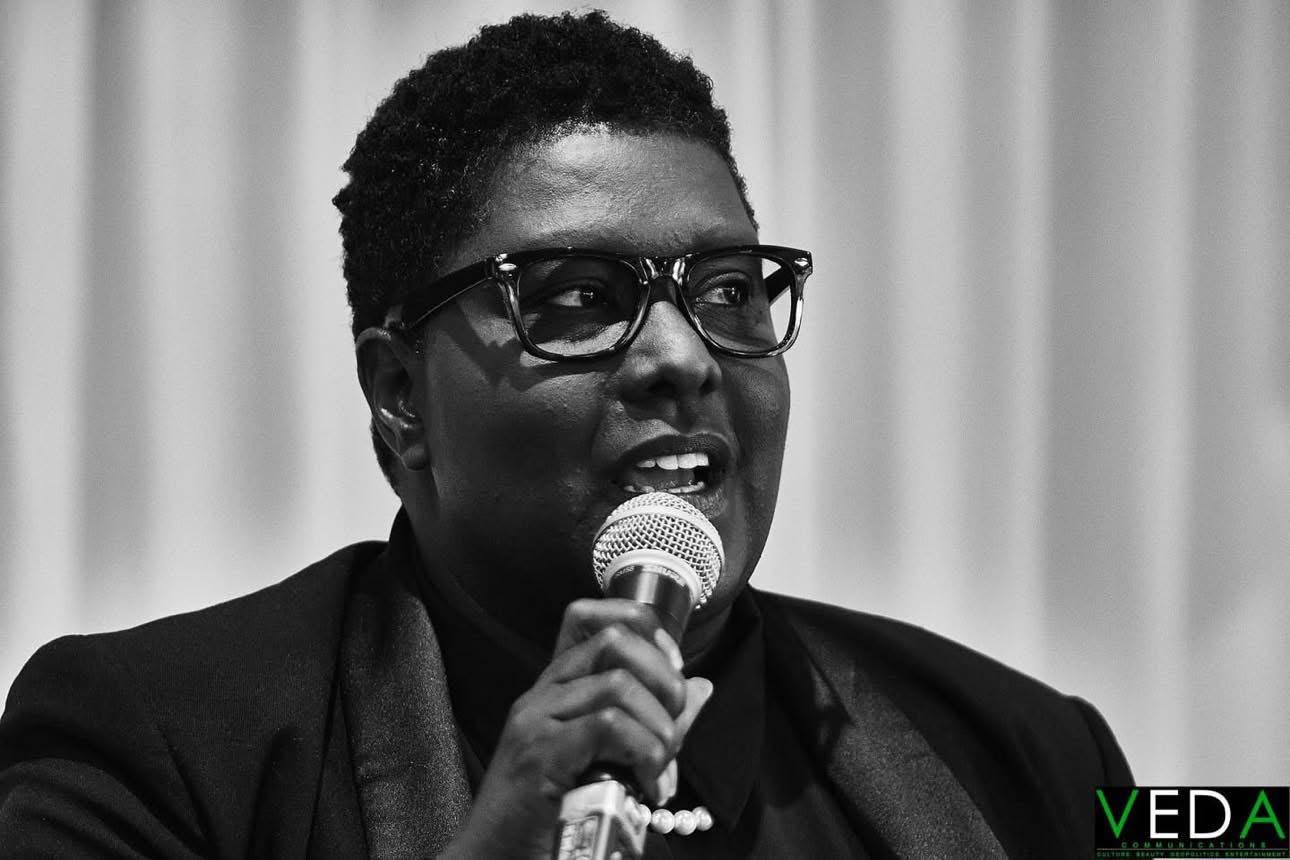Relationships are complex. They are filled with joy, connection, and unfortunately, conflict. While disagreements are a natural part of any kind of relationship, the tendency to end a relationship each time an argument arises can indicate deeper emotional issues. This reaction often stems from unresolved trauma, anxiety, or learned behaviors that can deeply affect how individuals navigate intimate relationships. Yes! I am talking about myself, but I am positive that I am not the only person who struggles with this.
Understanding Arguments in Relationships
Arguments are not necessarily negative. They can serve as opportunities for growth, communication, and understanding within a relationship. Engaging in disagreements allows partners in relationships to express their feelings, voice their opinions, and work towards compromises. However, for some individuals, conflict triggers emotional distress, leading to a decision to end the relationship.
The Role of Trauma
Trauma can take many forms. It may arise from childhood experiences, such as neglect, abuse, or inconsistent caregiving. Adults who have experienced trauma may struggle with trust, fear of abandonment, or emotional dysregulation. These individuals often carry unresolved issues into their adult relationships, affecting their ability to cope with conflict effectively.

When faced with arguments, a person with a trauma history might experience a fight-or-flight response. This biological reaction can escalate emotions, leading to impulsive decisions. Instead of working through the conflict, the individual may choose to end the relationship altogether. Mistakenly believing it is a way to protect themselves from further pain.
Signs of a Trauma Response
Individuals who respond to conflict by breaking up may exhibit several signs linked to past trauma:
1. Fear of Abandonment:
Those with a history of trauma may have a heightened sensitivity to perceived threats to the relationship. Arguments can trigger a fear of rejection, leading them to preemptively end the relationship before they can be hurt.
2. Emotional Dysregulation:
Trauma can affect an individual’s ability to manage their emotions. During arguments, they might feel overwhelmed and unable to think clearly, causing them to react impulsively.
3. Black-and-White Thinking:
People with unresolved trauma may view relationships in absolutes. They might perceive disagreements as signs that the relationship is doomed, prompting a swift exit rather than an opportunity for resolution.
4. Difficulty with Attachment:
Trauma can also interfere with a person’s ability to form healthy attachments. Individuals may struggle to maintain consistent relationships, leading them to abandon partners at the first sign of conflict.
The Cycle of Breaking Up
When a person repeatedly breaks up after arguments, it creates a detrimental cycle. Each breakup reinforces negative beliefs about themselves and relationships. Leading to further avoidance of conflict. This pattern can diminish self-esteem, foster loneliness, and perpetuate a fear of intimacy.
Over time, a lack of healthy conflict resolution skills hinders personal growth and satisfaction in a relationship. Partners who care for each other may become frustrated and alienated, leading to emotional distance and ultimately, a breakup, irrespective of individual intentions.

Strategies for Healing and Growth
Recognizing that breaking up after every argument is a trauma response is the first step toward healing. Here are some strategies I use to facilitate growth:
1. Self-Reflection:
Individuals should take time to reflect on their feelings and behaviors in relationships. Journaling can be an effective tool to explore underlying emotions, patterns, and triggers.
2. Therapy:
Seeking professional help from a therapist can provide individuals with the tools they need to work through their trauma. Therapy can help in developing healthier coping mechanisms and improve conflict resolution skills.
3. Open Communication:
Partners should strive to create an environment where both individuals feel safe expressing their thoughts and emotions. Establishing mutual respect and understanding can foster connection, even during disagreements.
4. Mindfulness Practices:
Engaging in mindfulness techniques can help individuals manage their emotions more effectively. Learning to stay present during conflict can reduce the impulse to flee.
5. Setting Boundaries:
Establishing healthy boundaries can create clarity within relationships. These boundaries can help individuals feel safe while navigating conflicts, reducing the likelihood of impulsive breakups.
Conclusion
Breaking up every time an argument occurs is often a trauma response rooted in past experiences. Understanding the impact of trauma on relationships is crucial for fostering emotional growth and healthier relationship dynamics. By acknowledging the signs, addressing underlying issues, and adopting strategies for healing, individuals such as myself can rewrite their narratives and cultivate more resilient relationships. Through patience, communication, and professional support, it is possible to transform conflict into an opportunity for deeper understanding and connection.
Stop Threatening Your Partner with Breakups
Enjoyed this article? You would love my book My Spiritual Awakening: The Truth No Longer Hurts.
Check out my story: Click Here to Download
Check out my Complete Library by Clicking Here









